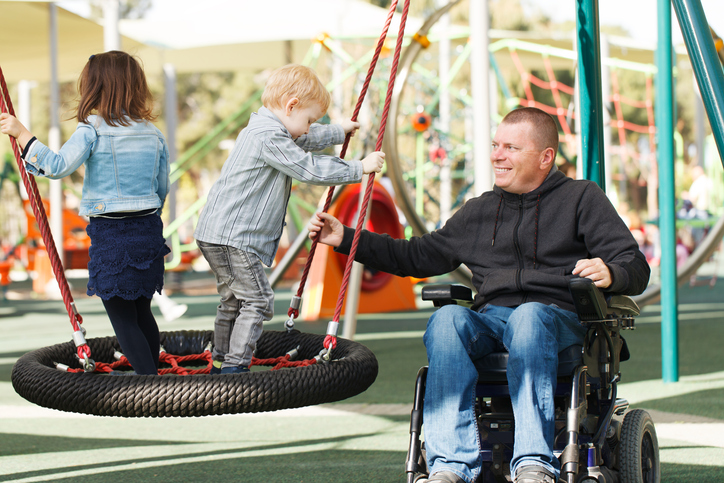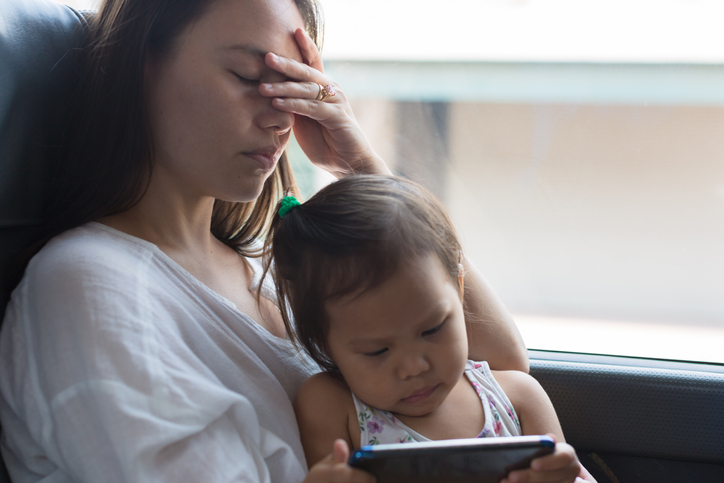Living with Chronic Pain
4 Tips for Parenting School-Age Children While Living With Chronic Pain

9 people found this helpful
Print
Share
Save
For parents with chronic pain, it may seem easier to parent school-age children than it is to parent babies or toddlers. School-age (between the ages of 5 and 12) children no longer need a parent’s constant undivided attention. They do not need to be carried and can do more things independently. However, parents with chronic pain face different challenges with school-age children, such as helping them with homework, attending sports or other activities, and helping them with social and emotional growth.
Four suggestions for parents with chronic pain who have school-age children include the following:
- Discuss chronic pain. School-age children may not understand a lot about a chronic illness or chronic pain, but they can understand more than they could when they were toddlers or preschoolers. As the child grows, it may be appropriate to start using actual medical terms such as arthritis or migraine instead of saying, “Mommy’s hands hurt” or “Daddy has a headache.” This is also a good age to ask children if they have any questions about chronic pain. They may repeatedly ask the same questions as they develop understanding, so patience is key. Children at this age also need plenty of reassurance that their parents will be there for them despite chronic pain and that just because a parent has chronic pain does not necessarily mean they will have the same experience.
- Talk with their teacher or guidance counselor. While it is not necessary to divulge all information about a chronic illness, it may be helpful for the school to know some aspects of a child’s home life. If a child is acting out at school or struggling emotionally, communication between home and school can ensure that teachers and parents work as a team to best support the child. In addition, teachers can be very understanding and forgiving if they know a child was unable to complete a project because they needed to help a parent or if the parent has to reschedule a parent-teacher conference at the last minute due to pain.
- Plan for important activities. School-age children often begin to participate in activities such as playing soccer, taking dance class, or learning to play an instrument. If an important event like a piano recital or soccer game is coming up, parents can help ensure that they are able to attend by getting plenty of rest before the activity and taking any necessary medications ahead of time. Making adjustments, such as bringing a cushion to make a folding chair more comfortable or parking as close to the soccer field as possible to reduce walking distance, can also help.
- Avoid trying to parent like parents without chronic pain. There will always be parents who are the first to sign up to volunteer in the classroom or bake dozens of cookies for the bake sale. Those parents are most likely not dealing with chronic pain, so comparing parenting styles only leads to frustration. Parents with chronic pain should prioritize connection with their child and providing them with love and care, letting go of other unrealistic expectations.


















